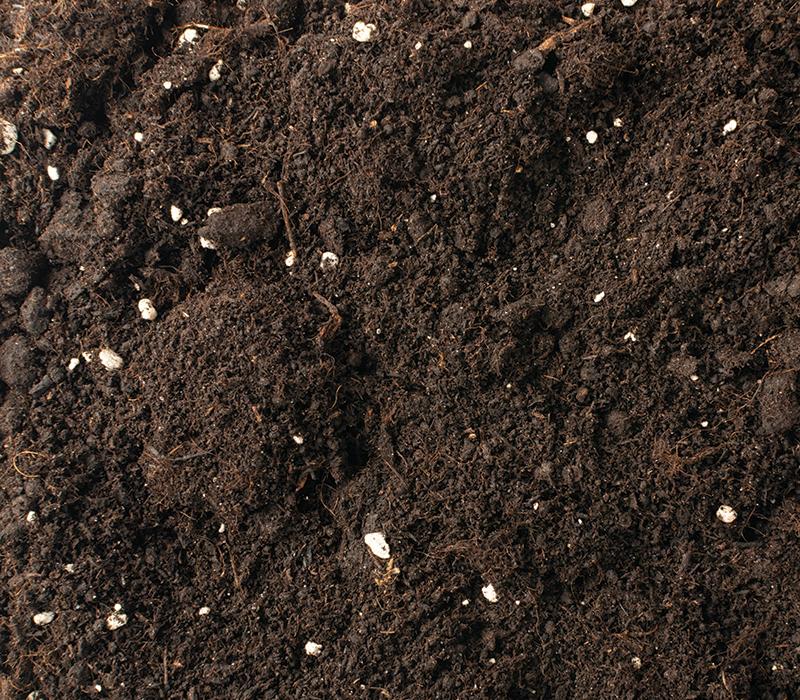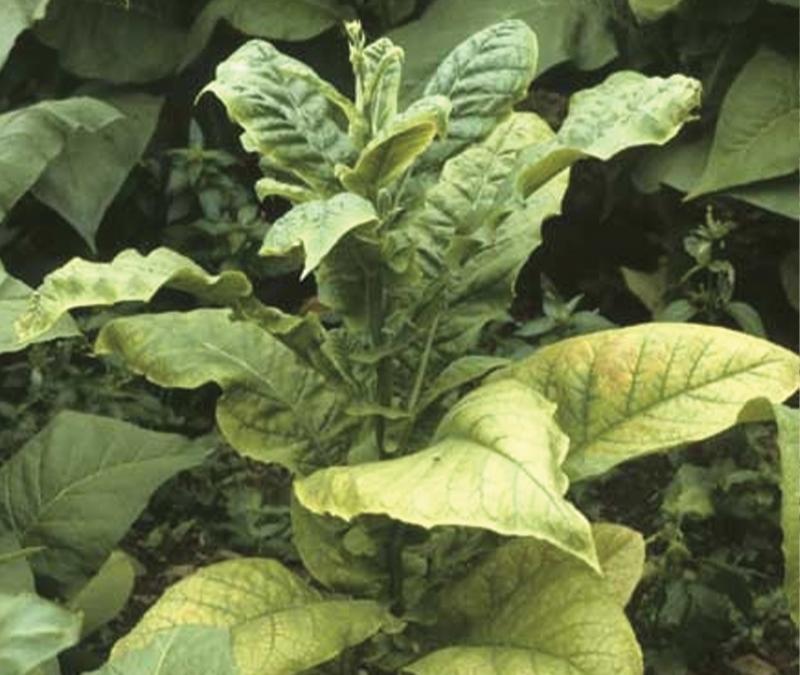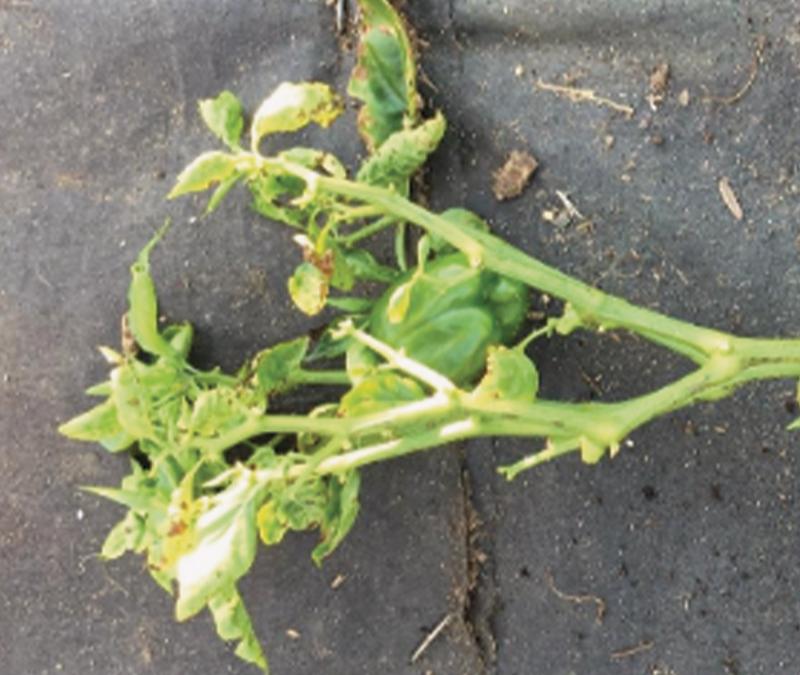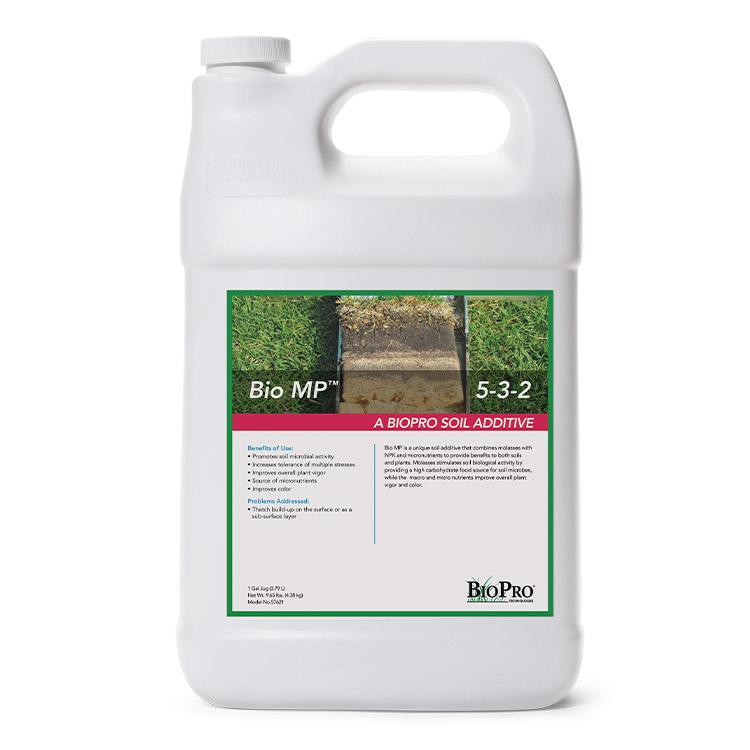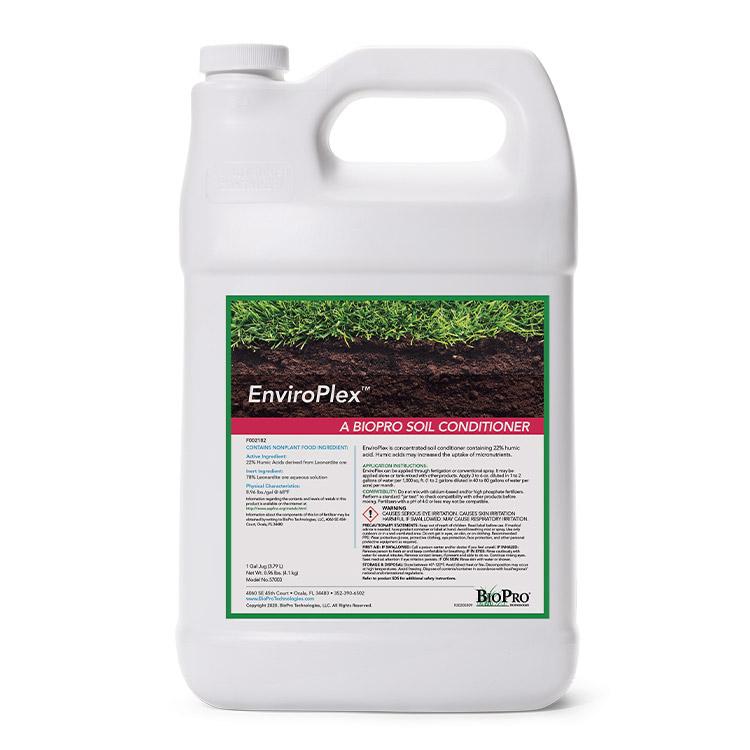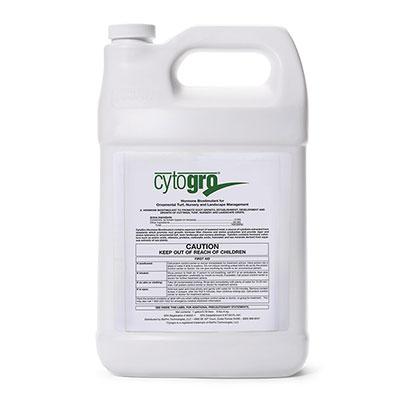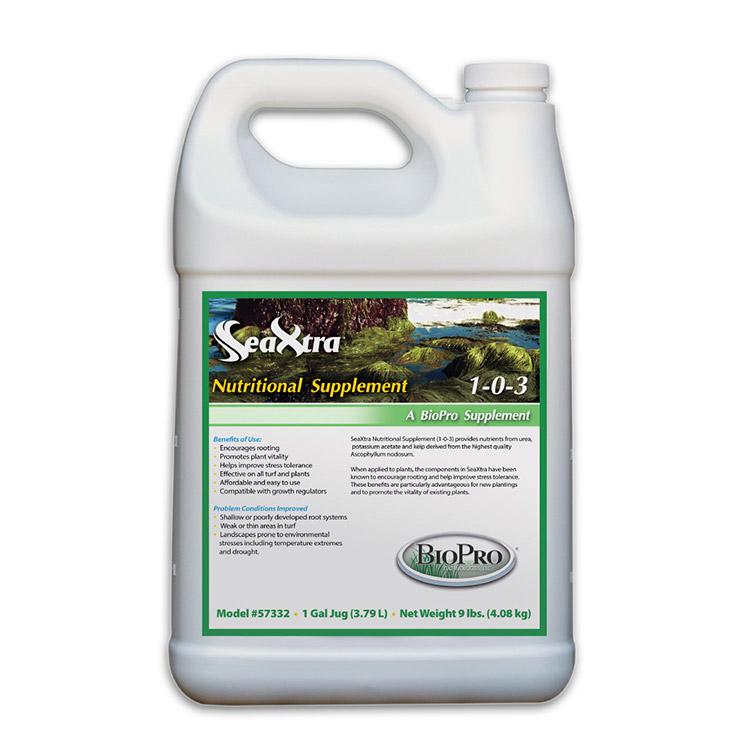Poor Microbial Activity
Soil microbiota are vital to the health of plants and soils. They help release nutrients that plants use to grow. They are responsible for the breakdown of organic matter in the soil which contributes to plant nutrition, soil structure, and water movement and retention in the soil. Soils that lack sufficient microbial levels provide poor growing conditions for plants, and plants may visibly struggle. Acidic soils, or other non-ideal soil conditions, may contribute to poor microbial health. Soil conditioners and other supplements are often needed to spur increased microbial activity.
Common Symptoms
Stunted or spindly growth /lack of plant vigor
Treatments
All recommended treatments involve products containing a variety of carbon and organic compounds that feed and encourage the development and growth of beneficial microorganisms. All of these use sources rich in carbon and electrolytes as the basis of the solution, such as molasses and seaweed. These carbon and electrolyte sources provide short- and long-term benefits to the plants and soil through releasing nutrients, digesting organic materials, and building soil tilth. The breakdown of carbon sources provides slow release of nutrients over a long period of time.
The addition of humates will enhance soil aggregation and aeration to enhance micro-flora establishment, and help hold many nutrients, such as phosphorus and some metal micronutrients, from being tied up in the soil resulting in keeping them better available for the plant.
Bio MP™ (5-3-2), Enviroplex™, and CytoGro®/SeaXtra® all contain carbon sources which will enhance microbial activity. These can be applied by soil drench or injection.
When To Treat
Spring and Fall for Bio MP. Summer for EnviroPlex, which contains leonardite. CytoGro and SeaXtra treatments can be made anytime throughout the season.
What To Expect After Treatment
Green-up, resumption of normal growth. Consider additional applications if there is not improvement in several weeks.
References And Photo Credits
University of Maryland Extension
D. Blancard

